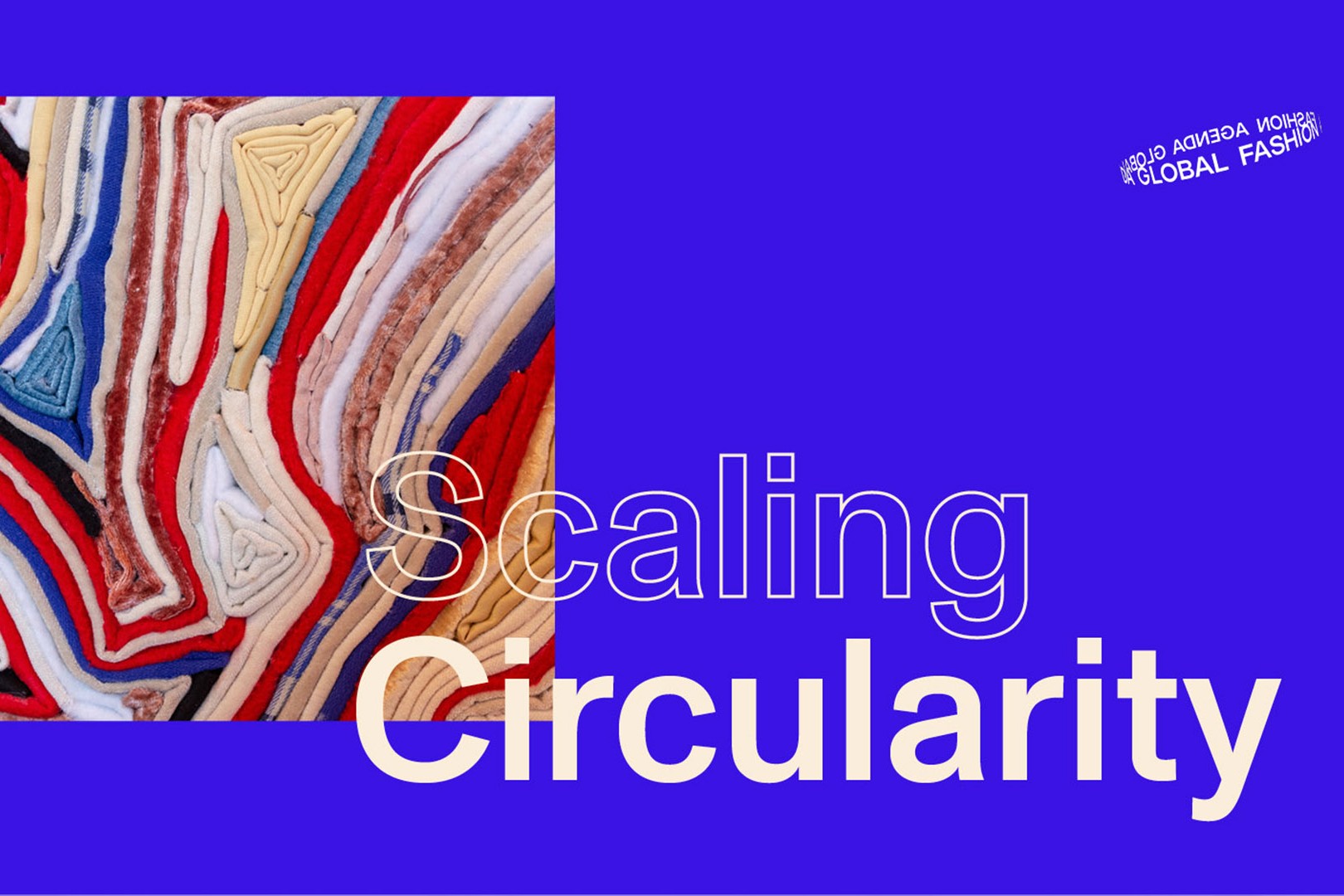
GFA latest report claims investing in recycling could make fashion 80% circular by 2030
YarnsandFibers News Bureau 2021-11-23 11:03:53 – GermanyAccording to the Scaling Circularity report released by the Global Fashion Agenda (GFA), the fashion industry could become 80% more circular by 2030 if it invests more in existing recycling technology and infrastructures. The findings of the report also revealed how pre-competitive collaboration between global brands, manufacturers, and policymakers might aid in the transition to a circular economy.
According to the report, the recycling sector will need at least $5-7 billion in capital investment by 2026 to meet the 80% circularity milestone, which may lead to a $10- $20 billion annual profit pool by 2030.
The report was co-authored by GFA's knowledge partners McKinsey & Company and based on independent analysis and learnings from a case study in Bangladesh, the Circular Fashion Partnership, a cross-sectoral project aimed at scaling post-industrial recycling and capturing textile value domestically.
Since its inception in October 2020, the project has mapped and traced over 1000 tonnes of textile waste, with plans to grow capacity to 2000 tonnes per month by the end of 2021. According to the representative, this increase in capacity could reveal a $4.5 billion possibility for scaling this approach to additional areas such as Vietnam, Turkey, India, and Malaysia.
Karl-Hendrik Magnus, Senior Partner at McKinsey & Company said that textile recycling needs to be scaled up quickly if the fashion sector is to stay on a 1.5°C course. The importance of textile recycling in post-industrial waste is highlighted in this report. It emphasizes the importance of industry stakeholders cooperating to speed transformation. The Circular Fashion Partnership is a shining example of the value of pre-competitive collaboration, and its effect model should be emulated and scaled.
Federica Marchionni, CEO of the Global Fashion Agenda, said that this study shows that essential recycling technologies exist, that they can significantly reduce the environmental effects, and that the economics can be scaled up. The problem is creating the right circumstances for scalability. He is optimistic that they can develop a profitable circular system and speed fashion's journey to net-zero with sufficient investment, supportive policies, and the facilitation of pre-competitive collaborations.
Market Intelligence
Ask for free sample Report

experience
Customer Base
dedicated team
Countries Served Worldwide









